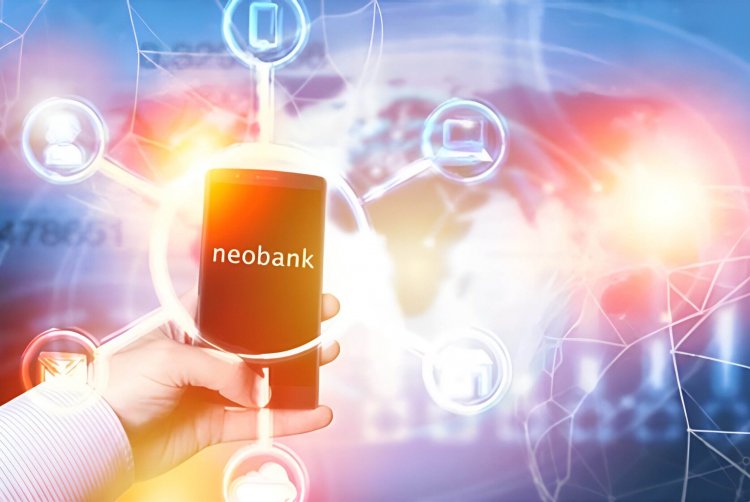The future of banking in Nepal: How neo-banking is revolutionizing financial services
Discover how neo-banking is revolutionizing financial services in Nepal and shaping the future of banking. Learn about the benefits, challenges and future prospects of this growing trend in our comprehensive guide.

Neo-banking, also known as digital banking or online banking, is a rapidly growing trend in Nepal as more and more consumers turn to technology to manage their financial transactions. This type of banking allows customers to access a wide range of financial services online, including account management, bill payments, and money transfers, without the need to visit a physical bank branch.
In Nepal, the neo-banking trend began with the introduction of e-banking services by traditional banks in the early 2000s. However, it wasn’t until the arrival of mobile banking in the late 2000s that neo-banking truly took off. Today, many Nepalis use mobile banking apps to manage their finances, and the trend is continuing to grow.
One of the main advantages of neo-banking in Nepal is the convenience it offers customers. With the ability to access banking services from anywhere at any time, customers no longer need to visit a physical bank branch to conduct transactions. This is particularly beneficial for those living in remote areas, where access to traditional banking services may be limited.
Another advantage of neo-banking in Nepal is the increased security it offers. Digital banking services use advanced security measures such as two-factor authentication and encryption to protect customers’ personal and financial information from hackers and fraudsters. This provides customers with peace of mind and reassurance that their money is safe.
However, there are also some challenges that come with the growth of neo-banking in Nepal. One of the main challenges is the lack of financial literacy among some customers. Many Nepalis are not familiar with the various digital banking services and how to use them, which can make it difficult for them to take full advantage of the convenience and security offered by neo-banking.
To address this challenge, financial institutions in Nepal have begun to invest in financial literacy programs to educate customers about the benefits of digital banking and how to use it safely and effectively. These programs include training sessions and workshops, as well as the development of educational resources such as brochures and videos.
Another challenge facing neo-banking in Nepal is the limited availability of internet and mobile services in some areas of the country. While mobile coverage has improved significantly in recent years, there are still some areas where internet connectivity is poor, making it difficult for customers to access digital banking services.
To overcome this challenge, financial institutions are working with mobile network operators and internet service providers to improve connectivity in these areas. They are also investing in alternative technologies such as SMS banking, which allows customers to conduct transactions using text messages, even in areas where internet connectivity is poor.
Despite these challenges, the future of neo-banking in Nepal looks bright. As more and more Nepalis become familiar with digital banking and the benefits it offers, the demand for these services is likely to continue to grow. Additionally, with the government of Nepal actively promoting the digitalization of the economy, the growth of neo-banking in Nepal is expected to accelerate.
In conclusion, neo-banking is a rapidly growing trend in Nepal, offering customers increased convenience and security. However, challenges such as a lack of financial literacy and limited internet connectivity still exist. With government support and financial institutions' efforts to educate customers and improve connectivity, these challenges can be overcome, making neo-banking a viable option for all Nepalese people.
What's Your Reaction?






































































































